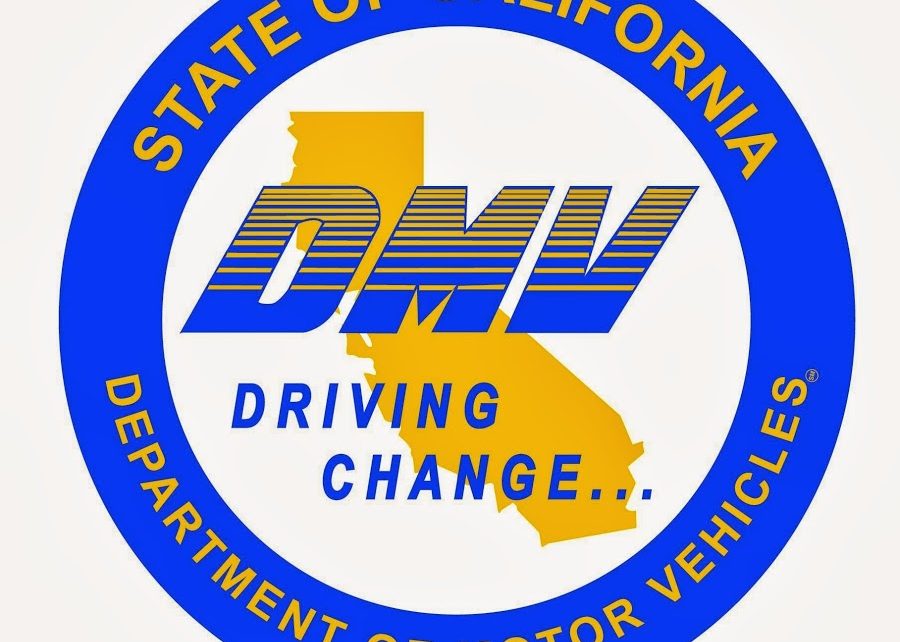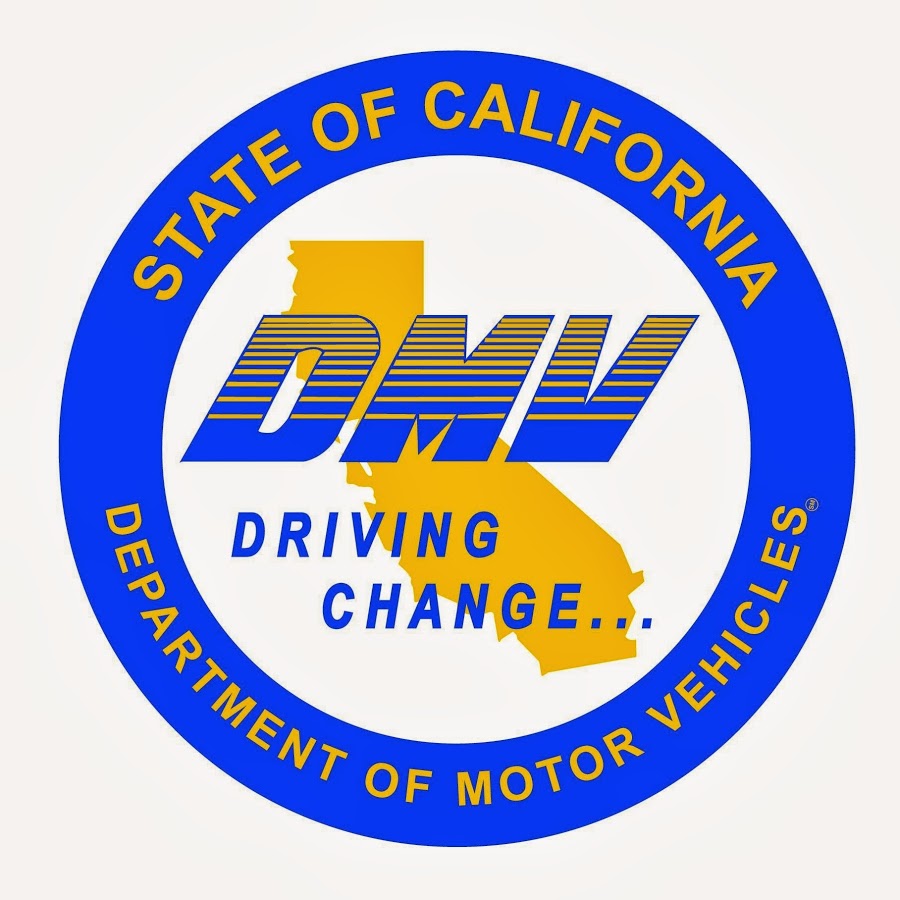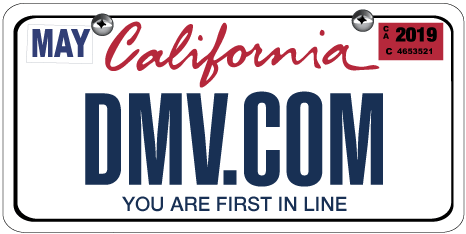
Data-Mining California DMV Selling Drivers Personal Data
DMV is earning more than $50-million a year selling drivers’ personal information
By Michelle Mears, November 27, 2019 2:15 am
The public is not offered an opt-out option of sharing personal information.
As the California Department of Motor Vehicles stumbles along with a deficit, its inability to stay in compliance with the 1993 National Voter Registration Act, and numerous computer technicalities, is now under attack for selling personal information.
An investigation by Vice discovered that the California Department of Motor Vehicles has been making millions by selling the personal information of drivers. The DMV is earning more than $50-million a year by selling drivers’ personal information according to a report by Vice media’s tech bureau, who obtained a DMV document in a public records request.
In the public records act request, Vice found that the California DMV confirmed that information requesters include insurance companies, vehicle manufacturers, and prospective employers.
Specifically, the information being provided without consent by the driver or the knowledge of the driver are:
• Names
• Physical address
• Vehicle registration
• Zip code
• Date of birth
The information sold to private companies is information required by drivers to provide to the state for a license. The public report does include the specific names of companies, but the businesses could consist of insurance, vehicle manufacturers, and possible employers.
LexisNexis and Experian were guilty of buying data in prior investigations, according to Fox News.
The DMV does not deny the sale of personal information. Marty Greenstein, a public information officer at the California DMV, reported, “The information sold furthers objectives related to highway and public safety, risk assessment, vehicle safety recalls, emission research, and background checks for employment.”
However, nor were they aware the state was selling their information to private companies for a profit.
Misuse of database by stalkers led to 1994 Privacy Protection Act
Congress passed in 1994, a law called the Driver’s Privacy Protection Act (DPPA). Under 18 USC 2725 and 18 USC 2721, the code outlines the exceptions a DMV can legally share private information.
H.R. 3365 was introduced by Democratic Rep. Jim Moran of Virginia in 1992, after an increase in opponents of abortion rights using public driving license databases to track down and harass abortion providers and patients.

Actress Rebecca Schaeffer was also a victim of personal information released by DMV. Schaeffer was killed in 1989 by a stalker, Robert John Bardo, who contracted a private investigator to find her address. Bardo used DMV records to find her address and his brother helped get him a handgun because he was only 19 years old. Bardo was sentenced to life in prison. Schaeffer’s murder led to the passing in 1990, the nations first anti-stalking laws.
The DPPA was supposed to to restrict DMV data but there are some exemptions that include private investigators.
Notably, “Multiple other DMVs around the U.S. previously confirmed to Motherboard that they have cut-off data access for some commercial requesters after they abused the data,” Vice reported.





3 thoughts on “Data-Mining California DMV Selling Drivers Personal Data”